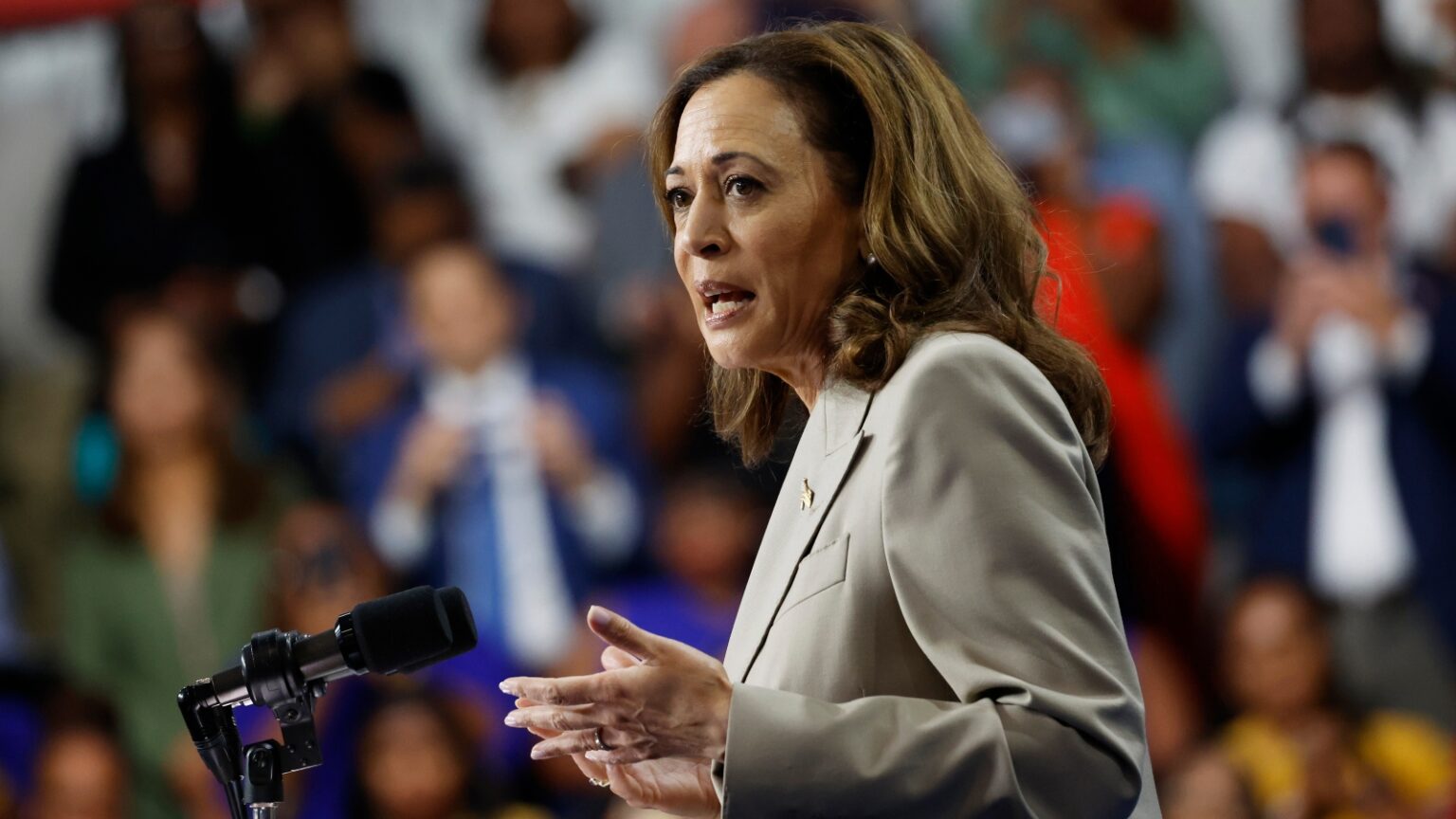The Teamsters union’s decision not to endorse Vice President Kamala Harris is sending ripples of concern through the Democratic Party, raising fears that their stronghold on the “blue wall” — the trio of battleground states Michigan, Wisconsin, and Pennsylvania — could be in jeopardy.
In 2016, Donald Trump shocked the political world by capturing these critical Rust Belt states, which had consistently voted Democratic since 1992. While Joe Biden managed to reclaim them for the Democrats in 2020, Harris’s lack of Teamsters backing has Democrats worrying that Trump could stage a similar upset in 2024.
Polling data paints a mixed picture. While Harris is either leading or tied with Trump in Michigan, Wisconsin, and Pennsylvania, Democratic strategists fear Trump could outperform expectations among union members, particularly male voters. The Teamsters’ internal polling reflects this concern, showing that a significant portion of their membership supports Trump, even though some local chapters have endorsed Harris, deviating from the national union’s stance.
For Democrats, this situation echoes the 2016 election, when Hillary Clinton was favored to win these key states but ultimately fell short. A pro-Harris union official remarked that the current polling gave him “HRC flashbacks,” signaling that there’s still work to be done to win over working-class voters who could swing the election.
One key challenge Harris faces is her ability to connect with older, white, working-class voters, a demographic that has been disproportionately impacted by inflation. Democrats say Harris needs to more aggressively counter Trump’s past threats to cut Social Security and Medicare. However, her communications team, led by Brian Fallon, has been quick to highlight endorsements from local Teamsters councils in Pennsylvania and Wisconsin, insisting that Harris could emerge as the more trusted candidate on economic issues by the end of the election cycle.
Jimmy Williams, president of the International Union of Painters and Allied Trades, which has endorsed Harris, acknowledged Trump’s strong base among working-class voters. “Trump has a solid, solid base of working-class people that have bought into his message,” Williams told Politico. “It’s movable and it’s been moving. But it’s not like some tide that’s turned.”
Former Congressman Andy Levin of Michigan expressed optimism that the endorsement of Harris by the United Auto Workers (UAW) would be a crucial factor in carrying Michigan for the Democrats. “Working-class people, in general, I think will definitely determine the election, and I think that we’re going to duke it out right to the end,” Levin said.
Still, the Teamsters’ polling is a wake-up call for the Democratic Party. Bill Carroll, president of Teamsters Joint Council 39 in Wisconsin, said he was “shocked” by the overwhelming support for Trump among Teamsters members. Carroll believes the union needs to better communicate the impact of federal labor policies and what’s at stake for their members.
The fight for the blue wall is far from over, and Democrats know that winning back union support will be critical to holding onto these pivotal states in 2024. As the election season ramps up, both sides will be vying for the loyalty of America’s working class, knowing full well that the outcome in Michigan, Wisconsin, and Pennsylvania could once again decide the presidency.
